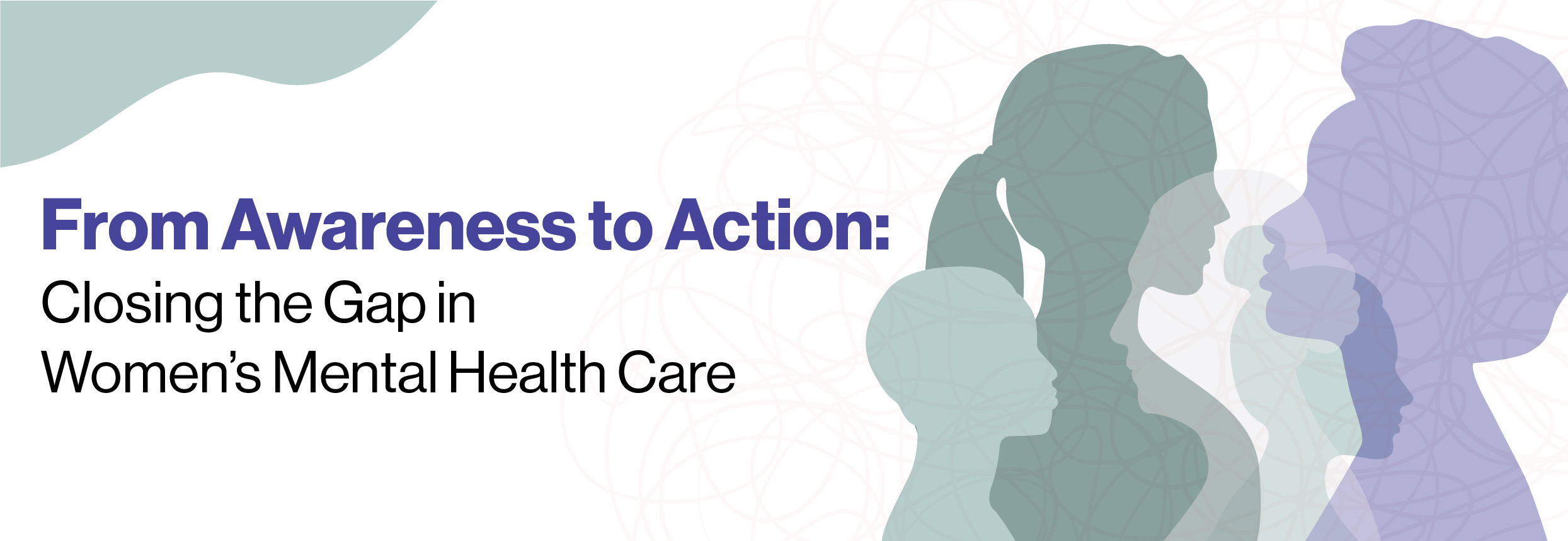Susan Gurley is a lawyer and advocate with 25 years of experience working in the mental health and access to justice fields, international development and legal reform, and higher education administration.
Prior to joining ADAA, Ms. Gurley held senior-level positions in several U.S. government agencies, such as the United States Agency for International Development, the U.S. Department of Commerce, and the U.S. Consumer Product Safety Commission.
Ms. Gurley served as both the Assistant Dean for International and Graduate Programs, at the Georgetown University School of Law, and worked at Equal Justice Works and the Association of Corporate Business Travel Executives.
Ms. Gurley is a Phi Beta Kappa and received her law degree from the University of Virginia School of Law. Ms. Gurley has worked in 30+ countries and speaks French, German, and Hungarian.



